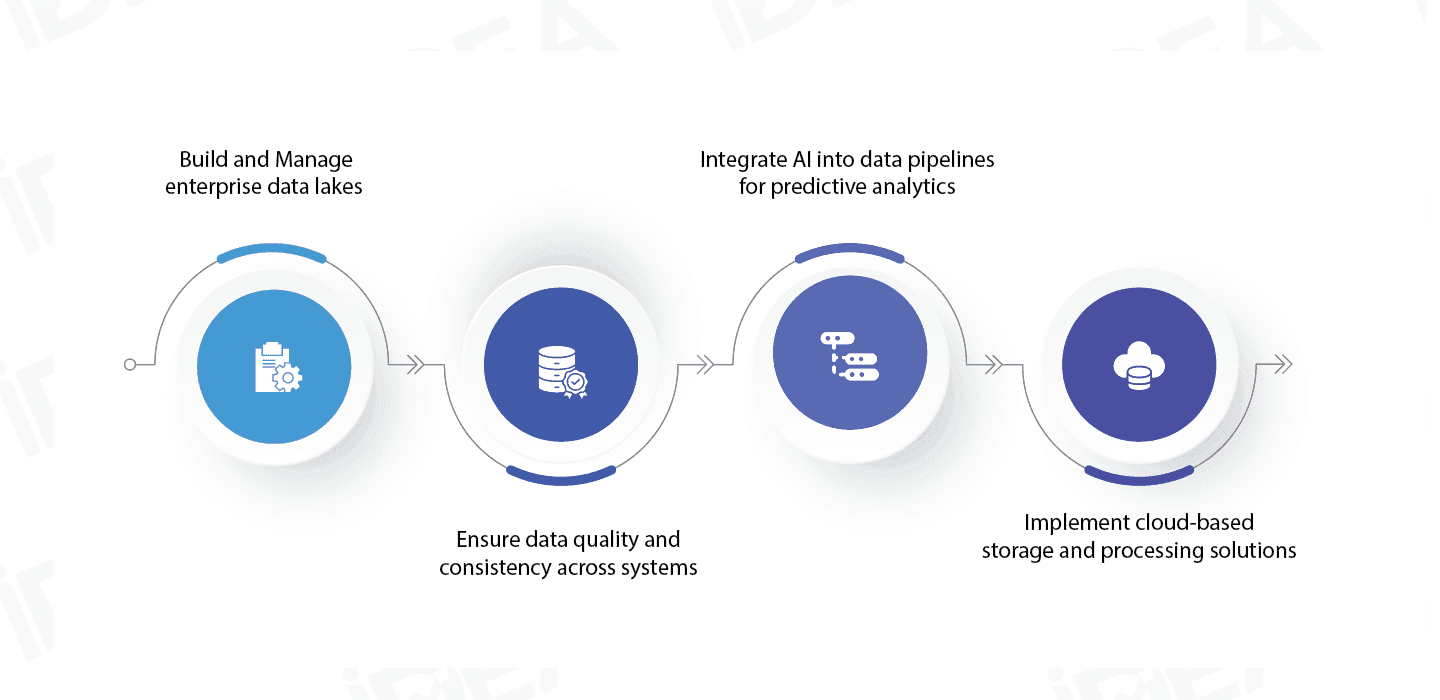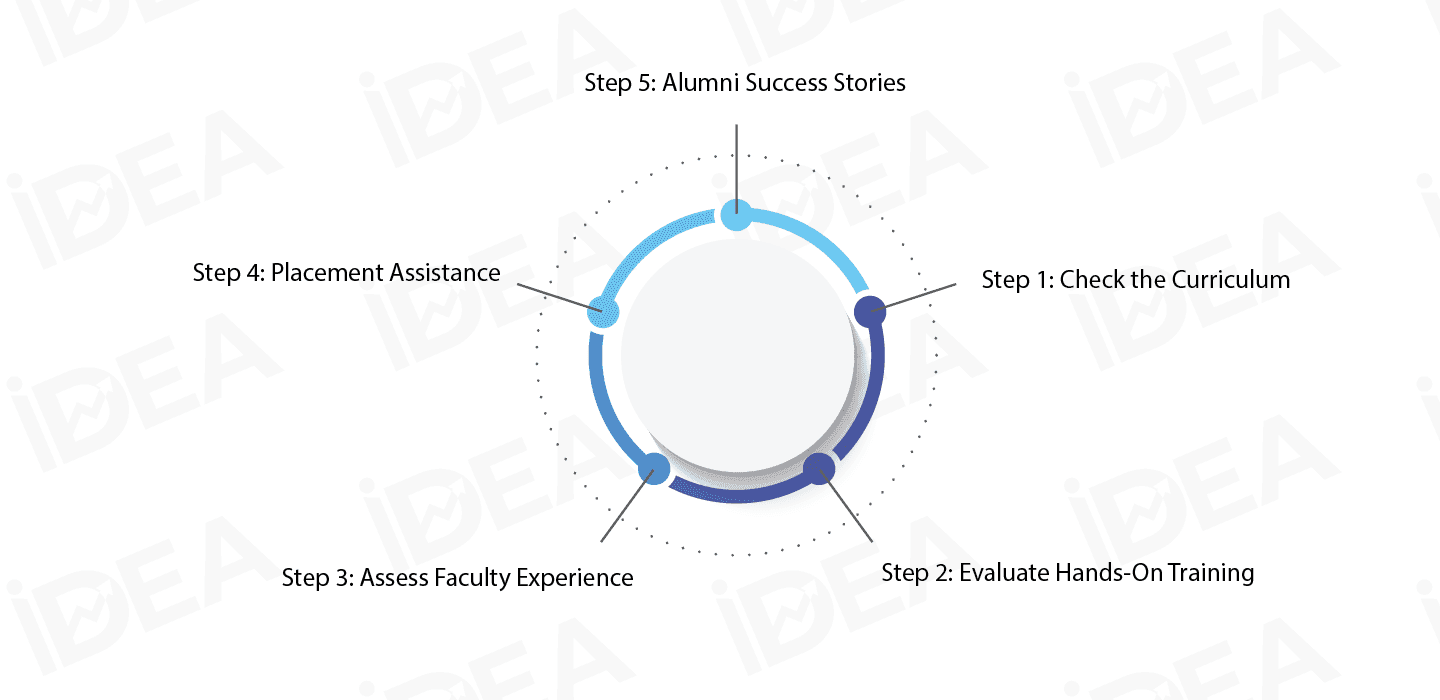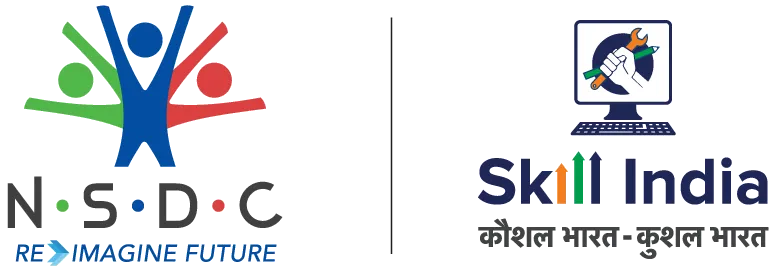The digital world is moving at a pace faster than ever, and organizations rely heavily on structured and unstructured data to make strategic decisions. Data engineering has become the backbone of modern enterprises, fueling everything from AI-driven predictions to cloud analytics. For students and early-career professionals, a Masters in Data Engineering is no longer just an option—it’s a necessity for accelerating your career trajectory.
Unlike traditional IT courses, a structured Masters program equips learners with practical skills in Python, cloud computing, data pipelines, ETL, and big data frameworks. This combination of knowledge and practical exposure can fast-track your career, opening doors to some of the highest-paying roles in IT and analytics today.
Why a Masters in Data Engineering Matters Today?

With over 60% of enterprises planning digital transformation initiatives in the next 2 years, the demand for skilled data engineers has skyrocketed. Companies need professionals who can:
- Build and manage enterprise data lakes
- Ensure data quality and consistency across systems
- Integrate AI into data pipelines for predictive analytics
- Implement cloud-based storage and processing solutions
For example, Riya, a recent graduate, was struggling to find a role that matched her ambition. She joined a data engineering institute in Mohali, learned Python from beginner courses, and within six months was ready to handle cloud data pipelines and AI-integrated data solutions. Today, she’s employed as a cloud data engineer at a leading IT firm, and her career trajectory accelerated in less than a year.
Key Skills You Gain from a Masters in Data Engineering:
1. Python Programming:
Even beginners can start with Python programming courses in Chandigarh, which are often part of a Masters curriculum. Python is essential for:
- Data extraction and transformation
- Building data pipelines
- Automating repetitive tasks
2. Cloud Computing Expertise:
Institutes teach cloud platforms such as AWS, Azure, and Google Cloud, enabling students to:
- Manage cloud data warehouses
- Handle data migration projects
- Ensure security and compliance in cloud setups
3. Big Data Tools & Platforms:
Students learn to work with Hadoop, Spark, and Databricks, preparing them for roles in enterprise-level data engineering.
4. Real-World Projects:
Programs emphasize hands-on training with projects that mirror real industry challenges, giving students practical experience before entering the workforce.
Rahul, another student, leveraged a beginner Python course as a foundation. During his Masters, he worked on multiple ETL projects and cloud migration exercises, which gave him a competitive edge in interviews and allowed him to secure a high-paying role in a top IT company within months.
3. Fast Career Growth with Practical Learning
A Masters in Data Engineering is designed to fast-track career growth:
- Accelerated Skill Acquisition: Instead of learning piecemeal, students gain an integrated understanding of Python, cloud platforms, AI integration, and big data tools in a structured environment.
- Industry-Aligned Curriculum: Institutes collaborate with companies to design courses that match current market needs, ensuring graduates are job-ready.
- Placement Support & Internships: Many data engineering training institutes in Mohali offer placement assistance and internship programs, giving students real-world exposure.
Numerical Insight: According to industry reports, graduates with a Masters in Data Engineering can land roles with 30–50% higher starting salaries compared to peers with traditional IT degrees.
How to Choose the Right Masters Program?

Step 1: Check the Curriculum
Ensure the course covers:
- Python and SQL fundamentals
- Cloud computing (AWS, Azure, GCP)
- Big data frameworks (Hadoop, Spark, Databricks)
- AI integration in data engineering
Step 2: Evaluate Hands-On Training
Look for programs offering real-world projects, live labs, and internship opportunities.
Step 3: Assess Faculty Experience
Faculty with industry experience can provide insights into current trends, challenges, and career pathways.
Step 4: Placement Assistance
Top institutes provide structured placement support, connecting students with leading IT and analytics firms.
Step 5: Alumni Success Stories
Riya and Rahul’s stories are examples of how the right Masters program can rapidly accelerate career growth.
Tips and Strategies to Maximize Your Masters in Data Engineering:
- Start With Python: Even if you have no prior experience, enroll in beginner Python courses to build a strong foundation.
- Focus on Cloud Skills: Gain hands-on experience with AWS, Azure, or GCP to stay relevant in enterprise environments.
- Work on Real Projects: Build ETL pipelines, cloud migration models, and data warehouses.
- Network Actively: Engage with peers, mentors, and industry professionals to stay updated and explore career opportunities.
- Keep Learning AI Integration: Modern data engineering requires familiarity with AI and machine learning for predictive analytics and automation.
Career Opportunities After a Masters in Data Engineering:
Roles you can pursue:
- Cloud Data Engineer
- Enterprise Data Pipeline Developer
- AI Data Engineer
- Big Data Consultant
- Data Solutions Architect
Career Growth:
Starting with a data engineering role, professionals can move into senior architect positions, AI integration specialists, or even leadership roles within IT and analytics departments.
Numerical Insight: The average annual salary for data engineers in India ranges from ₹8–18 LPA, with high-demand sectors like cloud analytics, AI, and big data offering even higher compensation.
Steps to Accelerate Career Through Masters:
- Enroll in a reputable program at a data engineering institute in Mohali.
- Learn core skills: Python, SQL, cloud computing, big data tools.
- Complete hands-on projects aligned with industry requirements.
- Participate in internships and live projects for practical exposure.
- Leverage placement support to secure your first data engineering role.
- Keep upskilling with AI, machine learning, and cloud optimization tools to stay ahead.
Fast-track your data engineering career today! Enroll in a Masters in Data Engineering and gain hands-on skills, real-world project experience, and placement support to launch your dream career.

